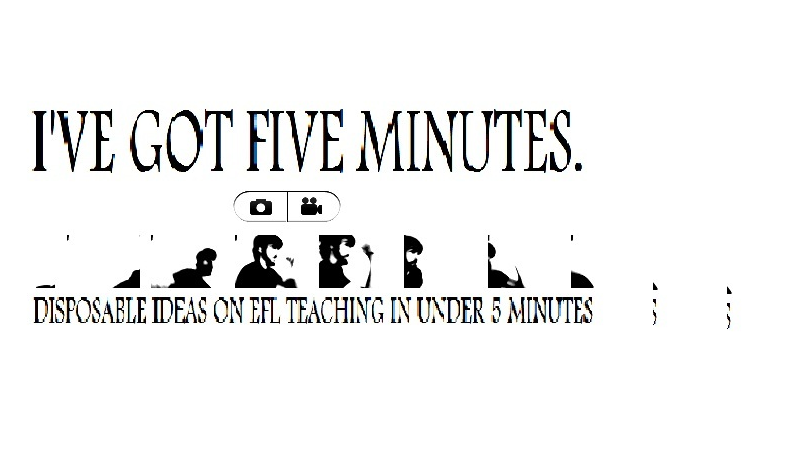I once read somewhere that you should never teach more than seven vocabulary items at a time. People just won't remember more than seven. In my expereince, seven is actually a hell of a challenge, both for you and the students. A fair number, if you ask me, is two.
Hear me out before you frown.
The thing is, I feel, that the point of a vocab-focused activity should not just be to learn new items. Maybe there's something more to it. Maybe, for instance, students know lots of words but never actually use them (something known as passive vocabulary), or maybe they've been exposed to some vocab and they just need to reinforce it with you... There are a number of things you can work on, not just memorisation.
So, whenever I wanna teach my students a bit of vocab, I use this ratio I've come up with (to be taken quite loosely, of course), which can really help you give variety to a vocab activity that's otherwise been done to death.
Here it is:
2/10 should be known to the students (although 1 active vocabulary 1 passive)
4/10 should be uknown to the students but easily guessable
2/10 the students have been exposed to, but the students are not yet confident with (e.g. fun vs funny)
finally 2/10 should be completely new to them
